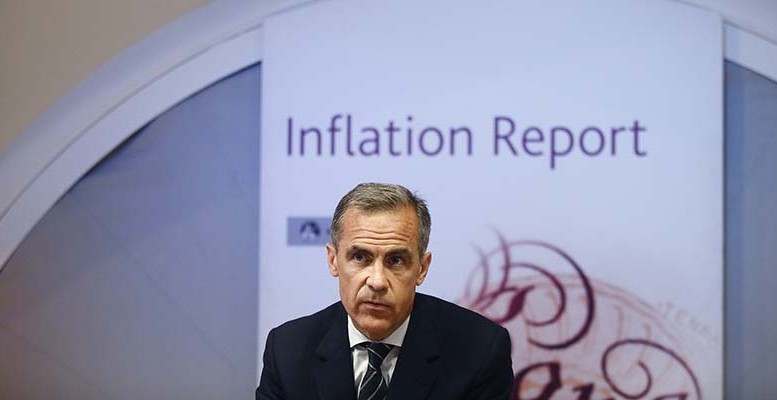- We already have Carney’s constant tightening bias.
- We know the trend in NGDP is really poor.
- This week we have seen retail sales growth slow (hitting the largest component of GDP) and the other side of the coin, personal income in the form of wage growth, also slow.


Although quite volatile, the nominal wage growth figures had shown some encouraging trends up to 2Q15 until Carney put a dramatic stop to any real return to prosperity with his hawkishness.
It would be absurd to suggest that Brexit uncertainty is having no impact on the economy. It has hit the currency after all. But any currency weakness will actually work as nice countercyclical aid to any potential economic damage from Brexit.
By far the biggest problem is the stance of UK monetary policy in the face of collapsing nominal growth. Carney follows most other central bankers and the economics consensus in believing that low interest rates mean easy money. Clearly, it cannot be true when actual (even if 4Q15 was revised up a bit) and expected nominal growth is so incredibly low.






